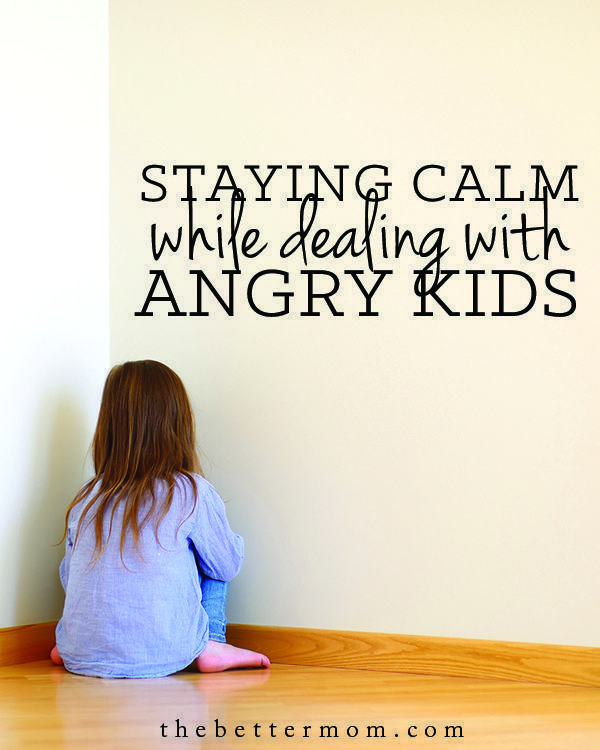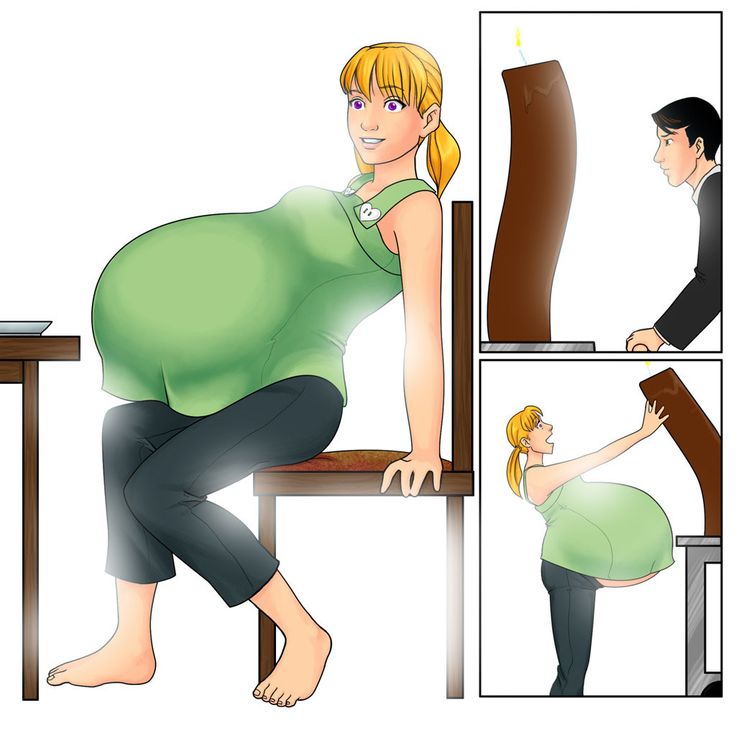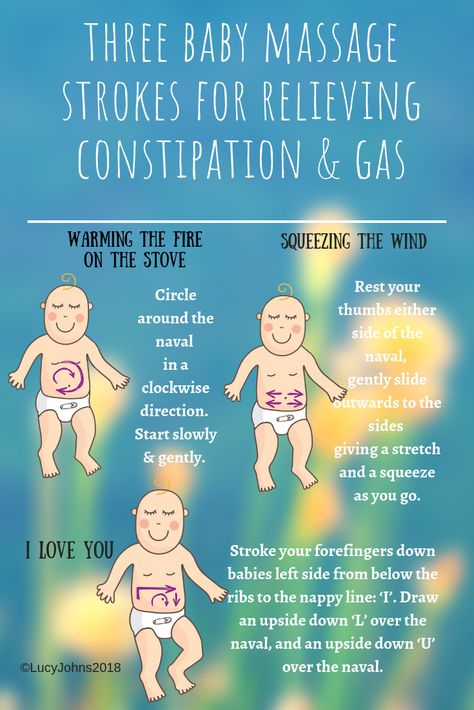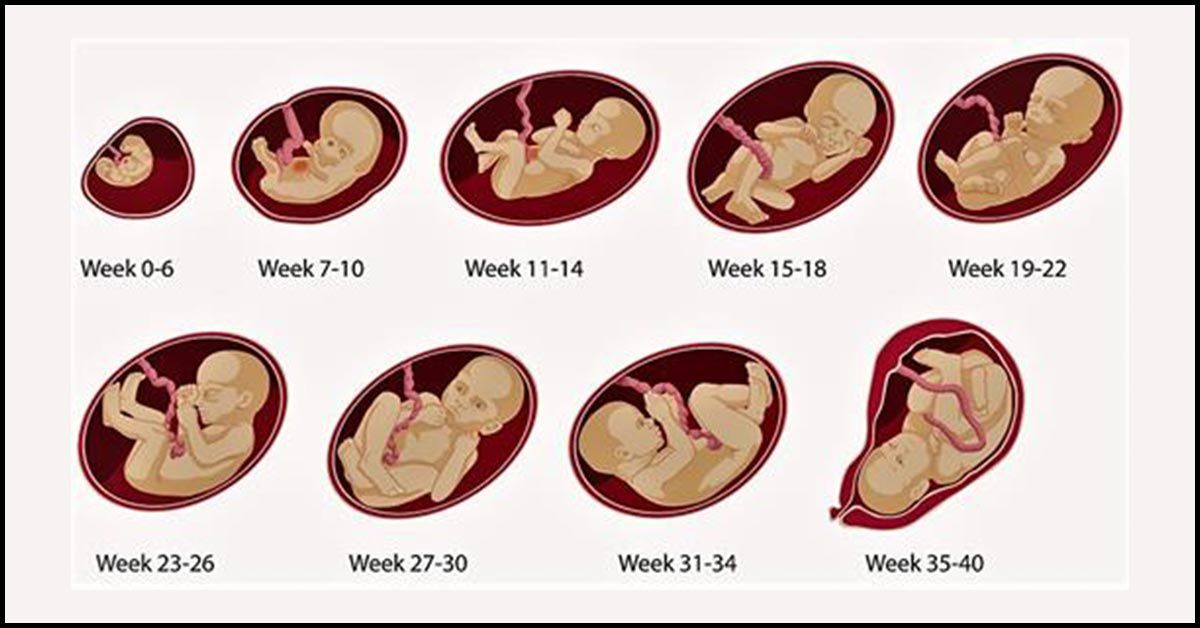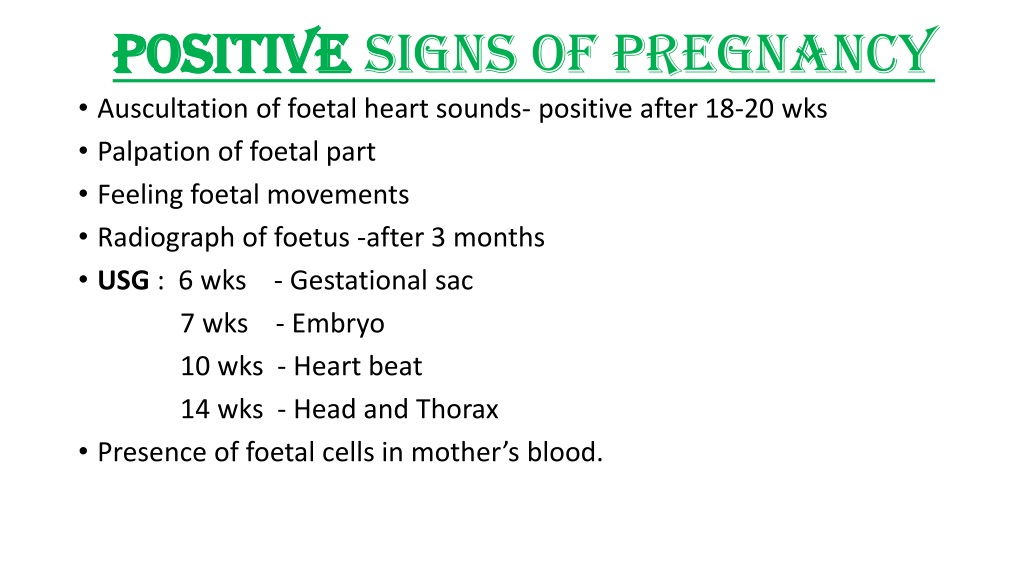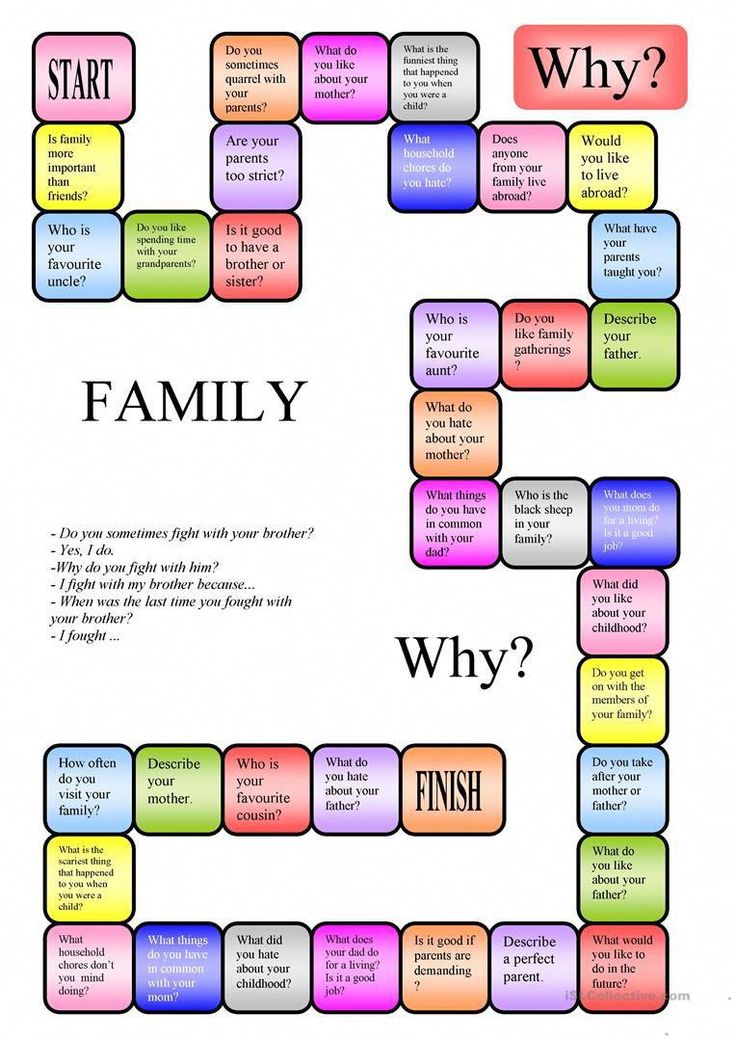How to really love your angry child
Your Angry Child: How You Can Help Them Be Happy
Learn what you can do to ELIMINATE—not just manage—the anger that is disturbing your child and you. Really.
Step 1: Watch this Video:
Step 2: Click the button to begin transforming your life as a Ridiculously Effective Parent.
WATCH YOUR FIRST LESSON FREE
In the video above I taught you:
- The REAL reason your child is angry and defiant and difficult (and it's not what you think).
- Why you just can't seem to help him or her be happy, no matter what you do.
- What you can do to ELIMINATE—not just manage—the anger, almost always without medication. Really.
- How YOU can replace anger and entitled demands with genuine peace and happiness in your child.
- How YOU can learn not to be angry either, which always makes things worse.
Do You Have a Child Who is Angry and Entitled?
Look for the Signs.
Do you have a child whose anger might be damaging his life? And yours?
Do you know the signs of dangerous anger and entitlement in a child or teenager?
Look for the following behaviors or conditions in your child. Ask yourself if you see them on a persistent and chronic basis:
Burning resentmentDo you see a burning resentment in your child that seems to consume all the innocence and joy you once saw long ago?
Defiant answersDo you get blasted with angry and defiant answers to your requests for the simplest things?
Argues and fightsDo they argue and fight with you when you refuse their demands?
BlamingAre they always blaming somebody else for their anger?
Trouble with teachersAre teachers at school having more and more trouble with your child or teenager?
Trouble with sleepDo they have trouble falling asleep, or staying asleep? Or do they sleep all day?
DetachedDo you hear common expressions of detachment? Like “I don’t care”?
Quit caringDo most things just “not matter” to them anymore? Have they quit caring?
ComplainingDo you hear a lot of complaining about every little thing?
Sense of entitlementDo you see a sense of entitlement for anything he or she wants, and a furious resentment if you don’t give them whatever they demand?
You avoid themHave you gotten to the point where you just want to avoid having conversations with this “impossible child?”
Over-reactsDo they over-react to the smallest inconveniences when things don’t go their way?
Disciplining nightmareIs the idea of disciplining your child a nightmare?
Refuses to take responsibilityDo they refuse to take responsibility for their own mistakes and lack of preparation?
Loss of interestHave they just lost interest in the activities they used to enjoy?
Radiates rageDoes their face often radiate a sense of persistent emotional pain? You might call it futility or rage.
Are they disconnecting from the family, friends, and other people?
WhiningIn a younger child, has the whining becoming almost constant?
The Seriousness of Anger Symptoms
If you see any of these signs—or a lot of them—this can be pretty scary. Angry children and angry teens are a cause for real concern. They’re difficult to be around and hard to reach.
They’re difficult to be around and hard to reach.
They’re creating patterns that will destroy their happiness and relationships, often for life. It’s like your once-sweet child is disappearing into a fiery and lonely world.
You’re worried. What would you give to have a happy child back? What would you give to find a solution for childhood anger and defiance? How badly would you like to do something about that sense of entitlement that has changed the soul of your child?
There IS a Solution—How to Help a Child with Anger, Defiance, and EntitlementDo you have a child who is angry, or defiant, or entitled, or complaining, or whining, or argumentative, or resistant, or rebellious—or all of that? Would you not give almost anything to stop it? To change your relationship with that child completely? Are you not tired of how things are now?
There IS a solution, and we’re not talking about controlling or minimizing these behaviors.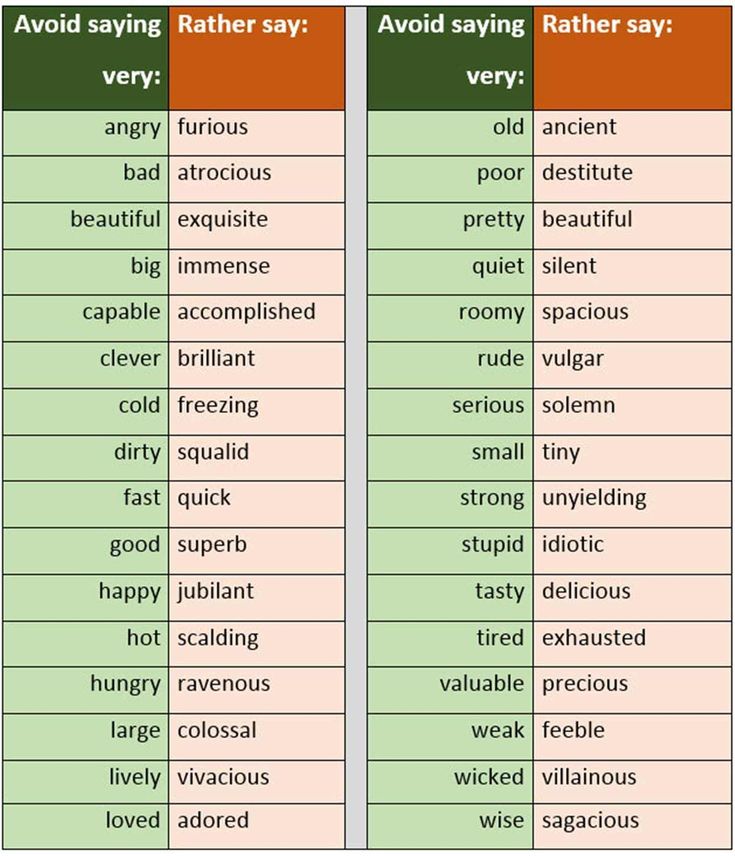
We’re talking about a real transformation where your child becomes truly happy, fulfilled, responsible, and, well, a human being again. In most cases, what you get is a child much happier than they were before they began to be angry.
Welcome to the answers you've been hoping for.For a long time now, you’ve been looking for ways to help your child. I greatly admire what you’re doing right now. You’re looking for answers, you’re trying to love and help your child, which is way more than most parents do. And finally, you’re in the right place.
You've Been Desperately Looking for Help with Your Angry Child
It’s like you’ve been paddling around in the middle of the ocean, desperately looking for help, and now—almost unbelievably—it’s here. This is the ship you’ve been looking for.
How could I possibly make such an extravagant promise? Because I KNOW how to teach parents how to help their children who are angry, defiant, and entitled—all of which are VERY COMMON.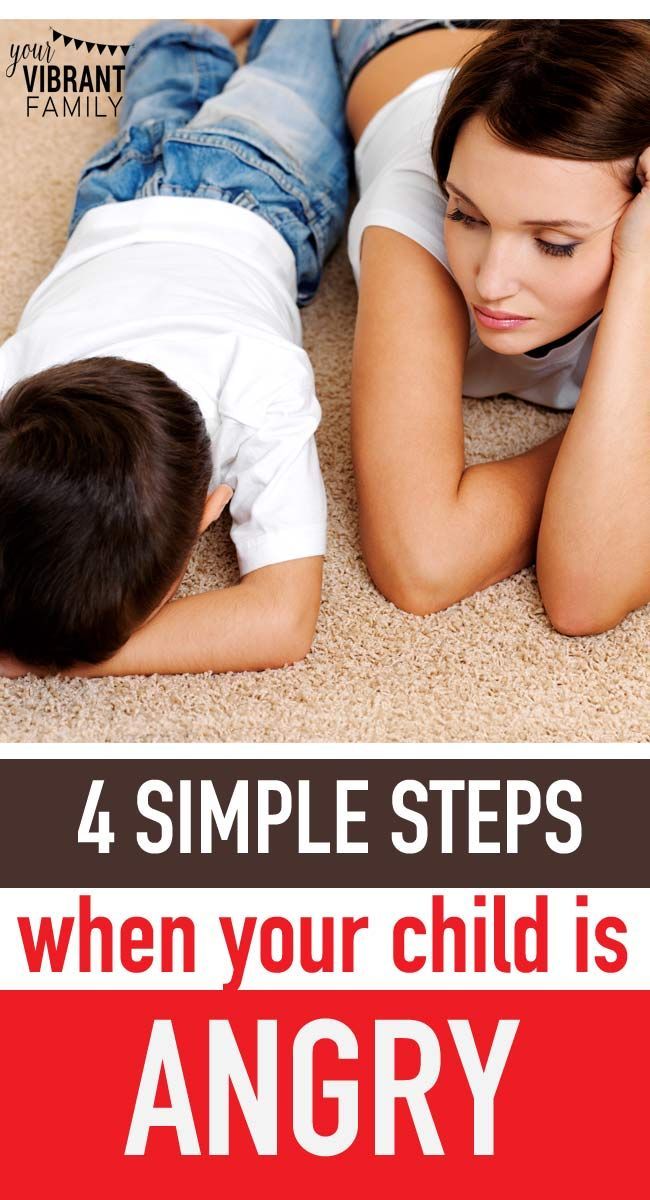 What I teach has been used by uncounted THOUSANDS of parents, and it works CONSISTENTLY.
What I teach has been used by uncounted THOUSANDS of parents, and it works CONSISTENTLY.
I’m not trying to sell you something here that we’re GOING to do. You don’t have to wait. The training begins right now. In the next few seconds, I’ll be teaching you things about your children and yourselves that you’ve never known.
I repeat: I’m not here to tell you ABOUT what I’m offering you. I’m beginning now to GIVE you what you need. It’s my gift to you, whether you continue with me or not.
What a relief to know that right now you’re exactly where you’ve wanted to be. You can learn what you need to learn. Finally, you can feel encouraged. You can feel hope. You can help your child.
And I’m going to help you do that.
Your Child is Angry
and You Want to Do Something About It
I know you’ve tried to change things: yelling, controlling, nagging, books, programs, yelling, controlling. Maybe medications. But your child is still angry and miserable.
Maybe medications. But your child is still angry and miserable.
And you’re frustrated and tired.
You’ve been looking for something that works, and here it is: principles that have proven to work hundreds of thousands of times all over the world.
You would not be here unless two things were true:- (1) you are having difficulties with a child who is angry, or defiant, or complaining, or whining, or argumentative, or resistant, or rebellious—or all of that; AND
- (2) you care enough to do something about it. Good sign.
If parents are thoroughly committed to learning and practicing what I’m going to share with you, predictably I see children just stop being angry. The frustrating behaviors just go away, and instead children become happy and cooperative—even after everything else has failed.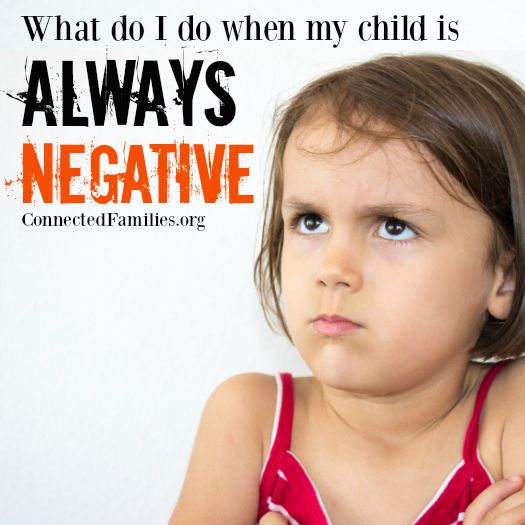
You become happy too.
It is NOT hopeless.
I’m here to help you, and I’ll be using the insight and experience of counseling with thousands of parents, and from writing 20 books and endless articles on the subject, as well as appearing on 1600 radio and television shows and presenting seminars all around the world—and much more.
You are about to change the world around you, and you don’t have to do it alone, which is miserable and frustrating. You’ve already proven that with your own experience.
What You Will Learn That You Don’t Already Know
So now the question that has to be on your mind: what am I going to teach you that you don’t already know?
What am I going to say about anger that you haven’t already read or heard somewhere?
This is going to be revolutionary for you to hear, so slow down your brain and listen with your soul: What does a child NEED more than anything else? After food, water, and air, the answer is SO obvious, and yet we keep missing it—over and over.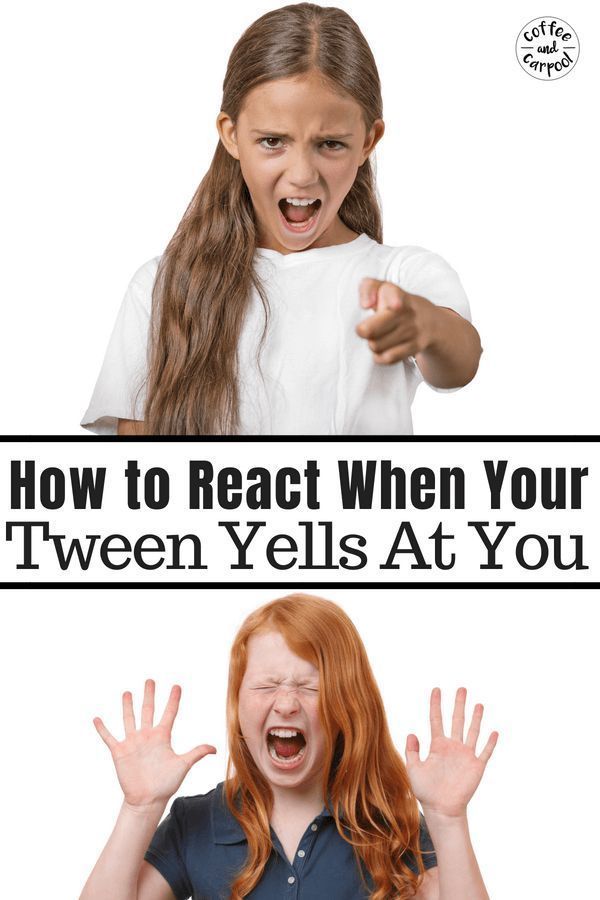
To see the answer, let’s start with an infant. When an infant cries—other than from obvious physical pain—what does he want? You already know, because you just pick him up. You’re pretty smart. You already know that every child wants to feel cared for. Every child wants to feel LOVED.
Picking them up and holding them is just a demonstration of that. And if you’re genuine in caring about them, they FEEL it.
But infants are relatively easy to love. They smile and melt your heart, make cute little noises, and laugh in ways we never hear anywhere else. They’re adorable.
But when they get older, they learn to spill things, make messes, ferociously say NO when you tell them what to do, scream in their car seat, fight with their siblings, refuse to listen to you, say ugly and hateful things to you and other people . . . and their anger and entitlement keep building like a storm.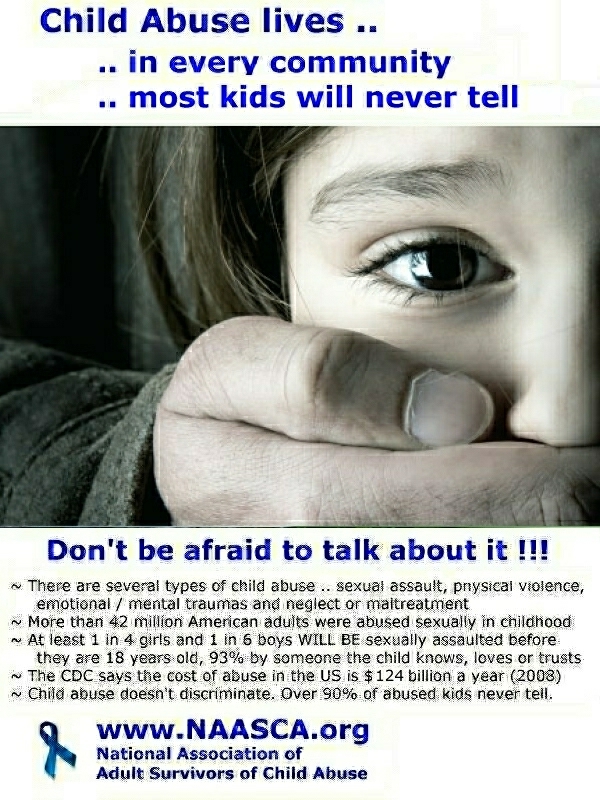
They get a LOT harder to love, and when that happens, we really don’t know what to do. Usually we try to control their behavior—and we might even temporarily succeed—but it doesn’t last, and we end up with unhappy and badly behaved kids.
We’re not so happy either.
Loving Your Children Unconditionally
Let me say this another way:
If our children become more difficult to love as their behavior changes, that proves we don’t know how to love them UNCONDITIONALLY.
If we love them unconditionally, we’d love them no matter what.
But if loving them becomes more difficult when they’re difficult when they behave badly, our love is conditional.
Unconditional love or Real Love means caring about another person without wanting anything from then in return, but we DO expect something in return for the “love” we give our children: respect, cooperation, gratitude, and a certain level of reasonable and relatively easy behavior, which does not include anger.
The Real Effect of Anger and Disappointment
Now more about unconditional love: That kind of love would mean that our love would not be affected by what they do. That’s what unconditional love means.
But we really don’t know how to do that. How do I know? We PROVE it every time we become angry, or disappointed, or impatient, or irritated at them. Our anger and disappointment and frustration are undeniable PROOF that our love is not unconditional.
Deep inside, you know that what I’m saying is true, but let me demonstrate further: When other people are angry at YOU, do YOU like it? NO, you don’t. Not ever. Nobody does. When other people are angry at us, or when we’re angry at other people, we’re all saying, “Look at what you did to ME, or failed to do FOR ME.”
In anger, we’re focused on OURSELVES—Me-Me-Me—and in that moment other people—notably our children—hear only four words, “I don’t love you. ” When we’re angry, we’re far too occupied with ourselves to unconditionally love another person.
” When we’re angry, we’re far too occupied with ourselves to unconditionally love another person.
I repeat:
When we are angry at another person, including our child, they hear only, "I don't love you."
I promise you that this is true.
No, we don’t MEAN to say that, but what else COULD people hear while our words, tone, and behavior are screaming ME-ME-ME? “I don’t love you” is what YOU hear and FEEL when people are angry at you—think about it honestly—and it’s what our children hear and feel when we’re angry at them. And then we have an anxious child or anxious teenager.
It’s little wonder that they respond with their own anger.
Again, we do NOT mean to do this. We do not mean to hurt our children.
But it was inevitable, because WE were not loved unconditionally—which means being consistently loved without disappointment or anger. We were not loved freely, without conditions—so how could we possibly have learned how to unconditionally love our own children? IMPOSSIBLE.
We were not loved freely, without conditions—so how could we possibly have learned how to unconditionally love our own children? IMPOSSIBLE.
Nobody is to blame. Our ignorance of Real Love simply perpetuated over generations. We don’t know how to love unconditionally because we’ve never seen it or felt it with any consistency.
Childhood and Teenage Anger is
a Reaction to Not Being Loved Unconditionally
For emphasis, I’m going to say all this in a slightly different way:
When children are angry and entitled, it is almost always a reaction to them not feeling loved unconditionally—loved with no disappointment, irritation, frustration, or anger.
This could sound discouraging, even bleak. In some ways it IS bleak. Look at the world—at the utter obsession with things that are distractions from our pain, from our not feeling loved: like endless entertainment, addiction to electronics, ANGER, controlling people, drugs, alcohol, sex, and on and on.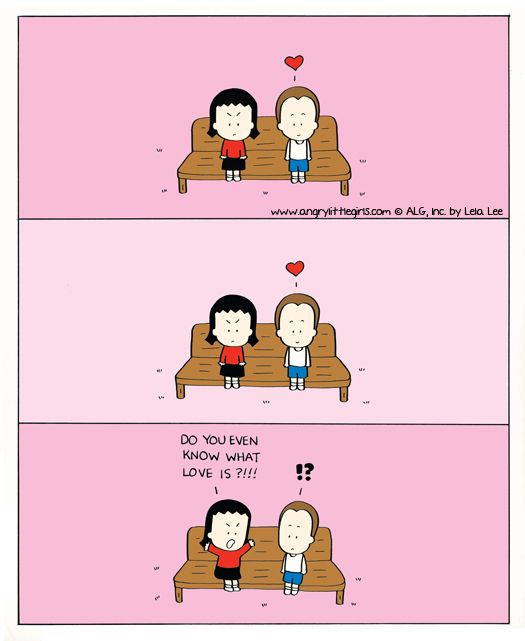
THERE is the proof—in our addiction to all those behaviors—that overall we do not know how to love people unconditionally. If we did, and I speak here with vast experience, these behaviors would not exist.
Children and Teenagers Who are Loved Unconditionally
Don't Become Angry and Entitled
I’ve been teaching unconditional love now for so many years to so many parents that I can tell you this with complete certainty: When a child truly feels loved unconditionally, he or she DOES NOT become angry, defiant, and difficult.
Instead they’re HAPPY—and responsible, and have all those qualities you wish they had.
With sufficient love, there is simply no NEED to behave badly. Happy people don’t behave badly—like being angry, for example. Period. Full stop. It seems almost like this statement is too broad, too much. It’s not.
Why You're Not succeeding in Helping Your Children with their Outbursts of Anger
How many times have you wondered why a child isn’t hearing what you’re saying? There’s an answer, and here it is: Because when you’re irritated, your child hears only “I don’t love you,” and that is so devastating, that he or she hears none of the rest of the content of what you say.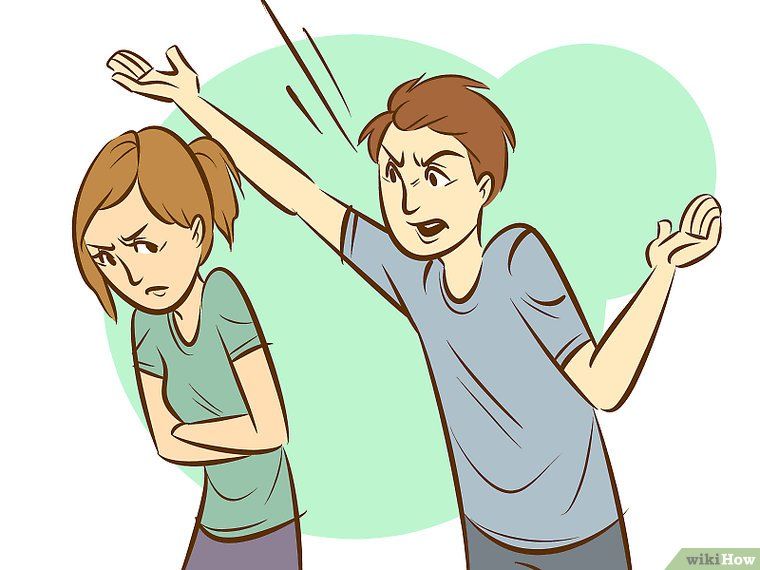
So THAT is what I'll be teaching you:
How to LOVE your children unconditionally,
which then gives them a REASON to LISTEN to you.
If you love them unconditionally, they can HEAR you —what you’re really saying—because they’re not distracted by their fear, not blinded and deafened by the “I don’t love you” message. Then it becomes possible for you to teach them anything—like how to be loving and responsible themselves.
And if they have that powerful trifecta—they feel loved, and they are loving and responsible—they are guaranteed to be happy, which is the ultimate goal for any parent, or, frankly, any person.
Your Angry Children Can Learn to Be Happy
Your children can learn that being happy—which includes being loving and responsible—feels way better than feeling angry, resentful, and entitled. And they will consistently choose happiness.
And they will consistently choose happiness.
Take my hand, and we’ll talk about what you can do—and how I will support you. It will almost be like starting over in parenting. You’re going to LEARN how to be a real parent, and your child will learn the lessons of life that will benefit him or her for the rest of their lives.
If you implement what you learn here, and if you do it consistently, you simply will not believe the differences you’ll see in your child, and in you, and in your family.
Imagine it:
no more anger—none,
no more ugly words,
no more tension in the family,
no more demands and entitlement.
It’s astonishing to see and to feel.
Our children are not bad. We’re not bad.
We’re not bad.
We just have not known how to love and teach them.
Loving and Teaching Eliminates Anger in Children
What we’re doing to help our kids with their anger IS NOT WORKING.Loving and teaching them does.Rarely is it too late to change whatever unproductive behaviors you’re dealing with, not if you’re really willing to learn and to apply these principles to the interactions with your child. I can promise you, learning how to be a parent is WORTH IT.
You’re about to learn how to ELIMINATE the anger and entitlement and other behaviors in your children that are hurting them and making you crazy. Really.
I make you another promise:
Learning to be a loving, effective parent is EASIER than everything else you’ve done as a parent.
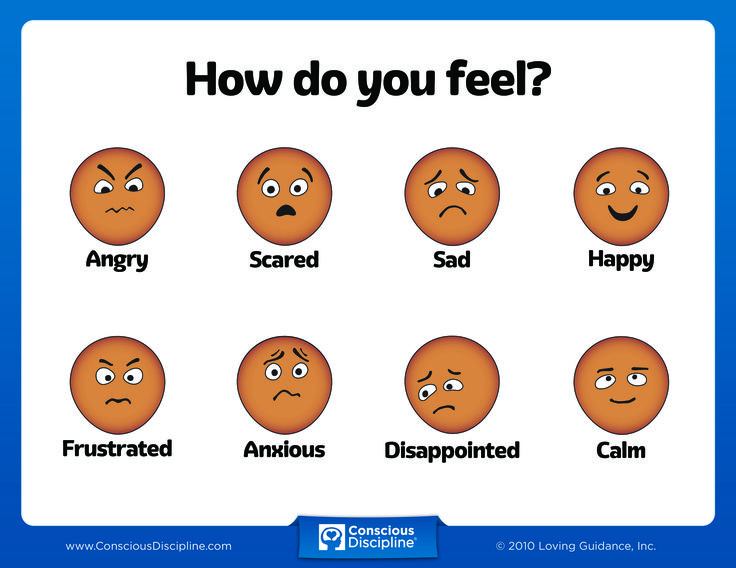
Transforming, Not Managing Your Children
We’re really going to get into this. This is not a casual effort. We’re not looking to make your children more manageable. That’s not even close to being enough.
Our mission is to help you to become a powerful and effective parent, and to help your child feel loved, and to be loving, responsible, and genuinely happy. It’s a transformation.
If you ARE truly committed to learning how to parent, I’M fully committed to teach you, and I will bring resources to the table you never thought about. The rewards are spectacular—as we have seen in uncounted thousands of families.
There is not a single thing you’ll ever do that will ring through the ages more powerfully than being a loving and effective parent.You can do this, so let's get started.
Click the button below—it’s free—to begin transforming your life as a Ridiculously Effective Parent.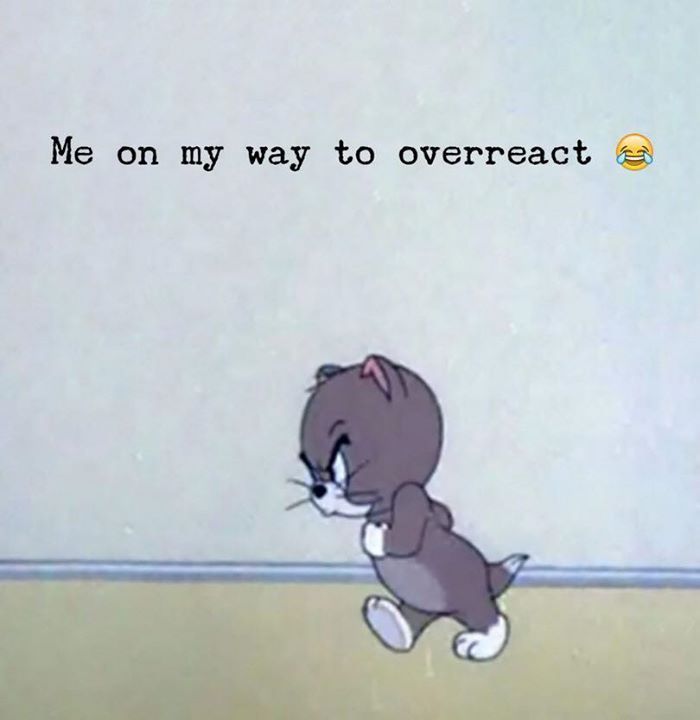
How to Control Your Anger with Kids
Why is it so difficult to control our anger with our kids? There are many reasons, but I think it’s mainly because we allow ourselves to get angry and lose control. When we react emotionally to our kids and lose control, we’re allowing our kids to determine how we behave rather than the other way around.
Too often, parents react to their kids without thinking. Parents believe they need to get their kids under control immediately, rather than taking a moment to think, “Wait, let me first get myself under control before I respond to my child.”
The best way to prevent yourself from losing control is to understand what sets you off and to recognize when you begin to lose control. This is a critical skill for parents to have. Fortunately, it’s a skill that parents can learn.
When you try to manage your child’s behavior instead of your anxiety, what you’re saying is, ‘I’m out of control.
I need you to change so that I can feel better.
Here’s a secret: when you get yourself under control, your kids will also usually calm down. Remember, calm is contagious—and so is anxiety. It’s been proven that a parent’s anxiety about their child contributes significantly to the anxiety of their child.
Think of it this way: if you can’t get calm and in control then you’re creating the exact atmosphere you’re trying to avoid.
Here’s an example. Let’s say you’re teaching your child how to ride a bike. Your child is not getting it and is being whiny and cranky and talks back to you. Your emotions are a combination of frustrated, annoyed, angry, and disappointed. You somehow feel responsible to teach him how to ride this bike, and he just won’t cooperate.
Then you yell at your child, and your child continues to struggle. Then it gets worse because he’s so anxious that he can’t concentrate. He’s feeling pushed to do something and he reacts to it by failing.
When this happens, instead of snapping and reacting, just ask yourself, “How do I stay calm so that I can be helpful for my child to get to where he needs to be?”
Remind yourself that you’re not responsible to get him to ride the bike, you’re responsible to stay calm and provide guidance. From there, you can think about the most effective way to help him learn.
In the end, if we lose control and get angry then we create the failure that we’re trying to avoid.
Indeed, when we lose control and get angry in front of our kids, what we’re communicating is “There are no grown-ups at home.” We’re saying that we can’t manage our anxiety. And when you try to manage your child’s behavior instead of your anxiety, what you’re saying is, “I’m out of control. I need you to change so that I can feel better.”
No one wants to lose control and get angry—we don’t do it on purpose. But it just seems to happen. Fortunately, there are things you can do to train yourself to stay calm. Below are several techniques to control your anger and stay calm when dealing with your child.
Below are several techniques to control your anger and stay calm when dealing with your child.
Make a Commitment To Stay in Control
Commit yourself to try to stay in control from now on. Notice what sets you off—is it your child ignoring you? Or does backtalk drive you up the wall?
It’s not always easy to stay in control and no one can control their temper 100 percent of the time. Nevertheless, commit to be calm and work toward that goal.
Usually, the first thing is to just commit yourself to not saying anything, to not reacting at all when the feeling of anger towards your child arises.
Give yourself a moment to do whatever it is you need to do to get calmer. I walk out of the room. Sometimes I go into the bedroom or bathroom, but I leave the situation temporarily. Remember, there’s nothing wrong with disconnecting. You don’t have to react to your child.
Expect Your Child To Push Your Buttons
We get upset when our kids don’t do what we want them to do. They don’t listen or they don’t comply.
They don’t listen or they don’t comply.
I think the best solution is to expect and accept that your child is going to push your buttons and to not take it personally. In a sense, your child is doing her job—she’s testing her limits.
Likewise, it’s your job to remain calm and make sure that your child knows where the limits are and, when she exceeds those limits, that she is held accountable.
Know What You Are and Are NOT Responsible For as a Parent
Some parents are confused about what they are and are not responsible for. And when they take responsibility for things that belong to their child, they inevitably get frustrated.
Stay aware of what belongs to you and what belongs to your child. In other words, what belongs in your box and what belongs in your child’s box.
A box has boundaries, and it has personal space within those boundaries. In your box are your thoughts, feelings, and responsibilities. In your child’s box are his thoughts, feelings, and responsibilities.
Once you know whose box is whose then parents should stay in their own box and stay out of their child’s box. This doesn’t mean you don’t parent, it just means you influence your child but you don’t control him.
Your child has responsibilities that he needs to meet in life. Those are in his box. Those belong to your child, not you.
If you always think you’re responsible for how things turn out, then you’re going to be in your child’s way and that’s going to create more stress and anxiety.
A parent who successfully stays out of her child’s box would say the following to her child:
“I’m responsible for helping you figure out how to solve the problem. But I’m not responsible for solving the problem for you.”
If you feel like you’re responsible for solving your child’s problems, then he’s not going to feel like he has to solve them himself. You’re going to become more and more agitated and try harder and harder. And the more you try, the less your child tries.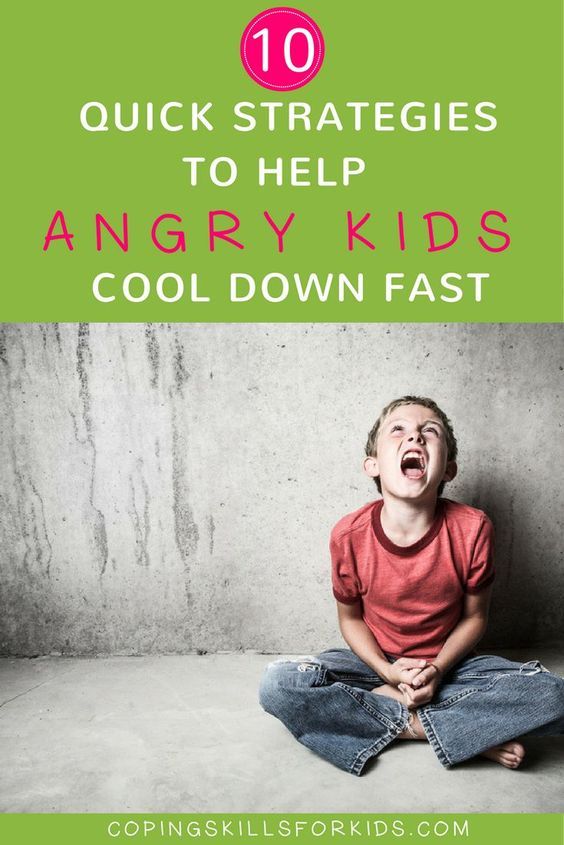 It’s counterproductive.
It’s counterproductive.
Parents do have responsibilities. Parents should coach their child when necessary. And parents should set the rules of the family and hold their kids accountable for those rules by giving them effective consequences. The rest is up to the child.
Related content: How to Give Kids Consequences That Work
Don’t Worry About the Future
Sometimes, we fast forward to the future and wonder if this is how our kids will be the rest of their lives. We wonder how they will make it in the real world if they won’t even do their homework.
The more we think about their future, the more our anxiety goes up. In our heads, we start worrying that we’re not doing a good job as parents. We worry that we don’t know what to do to get them under our control.
Psychologists have a term called thinking errors. Thinking errors are the thoughts we have in our head that don’t match reality and are usually negative and self-defeating. One of those thinking errors is our natural tendency to assume the worst possible outcome for a given situation.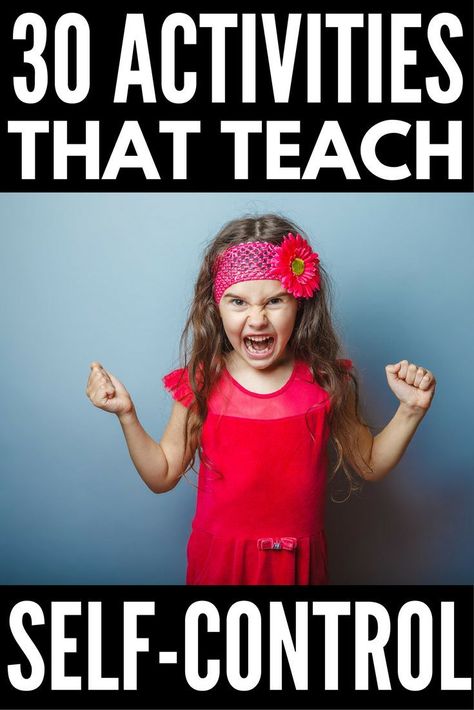 In reality, things rarely turn out as bad as we imagined. It seems our brains just love to scare us.
In reality, things rarely turn out as bad as we imagined. It seems our brains just love to scare us.
Therefore, stay in your box and focus on what you can do in the present. The future is up to your child and you don’t have control over it no matter how hard you try. And if you do try, your anxiety just goes up and things get worse for both of you.
Prepare for Your Anxiety
Notice what triggers your anxiety and try to prepare for it. You might observe that every day at five o’clock, your family’s nerves are on edge. Everyone is home from work or school, they’re hungry, and they’re decompressing.
Ask yourself: “How am I going to handle this when I know my teen is going to come screaming at me? What do I do when she asks to use the car when she knows I’m going to say no?”
Prepare yourself now for the conflict that you know is coming.
Say to yourself: “This time, I’m not getting into an argument with her. Nobody can make me do that. I’m not giving her permission to push my buttons.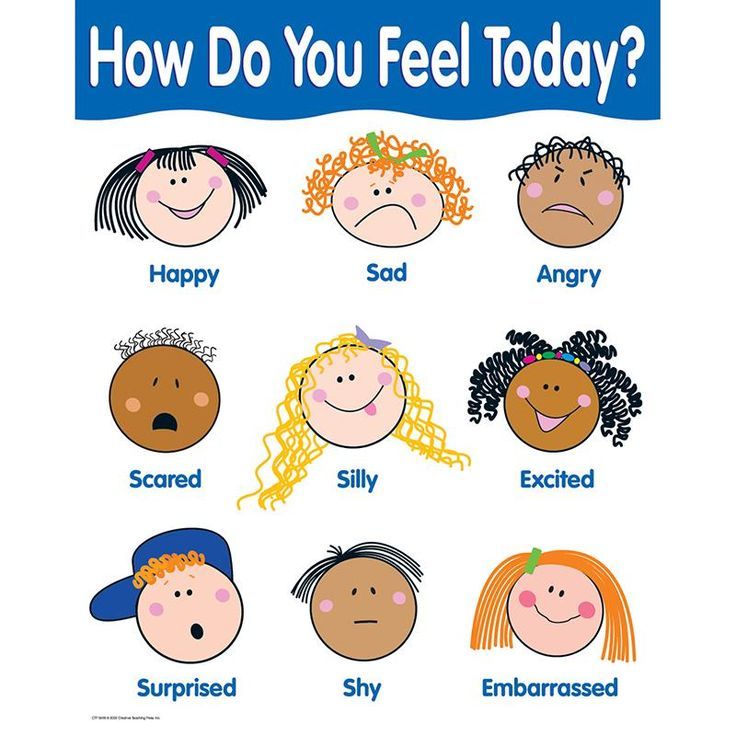 ”
”
Your stance should be, “No matter how hard you try to drag me into an argument, it’s not going to happen.”
Let yourself be guided by the way you want to see yourself as a parent instead of by your emotional feelings.
Use Positive Self-Talk
Talk to yourself. Yes, talk to yourself.
In your head, you can say something like, “I’m not going to react to my child’s behavior. I’m going to step back. I’m going to take a deep breath.”
Self-talk may seem hokey, but it’s a powerful tool. Behavior psychologists have known about the power of positive self-talk for decades. You can control the voice in your head so that it produces calm instead of anxiety.
Ask yourself “What’s helped me in the past?” Start thinking about what’s helped you to manage your anxiety in the past. What’s helped to soothe you through something that makes you uncomfortable?
Say something to yourself every time you feel your emotions rising. It can be anything from “Stop” or “Breathe” or “Slow down” to “Does it really matter?” or “Is this that important?” Experiment and use the words that help you stay in control.
I keep a mental picture handy to calm myself down. I think of a beautiful place that I love that always relaxes me. Try to come up with that mental picture for yourself. Visualizing that place ahead of time will increase your ability to go there more automatically when you feel yourself becoming angry with your child.
Take a Deep Breath
Take a deep breath when you feel yourself escalating—and take a moment to think things through. There is a big difference between responding and reacting.
When you respond, you’re taking some time to think about what you want to say.
In contrast, when you react, you’re just on autopilot. It’s all knee-jerk.
As much as possible, you want to respond thoughtfully to what your child is saying or doing. Make sure that you take that deep breath before you respond to your child because that extra moment will give you a chance to think about what you want to say.
Sometimes, to keep a pot from boiling over, you just have to take the lid off for a few seconds to let it breathe.
Visualize a Positive Relationship with Your Child
Picture your ideal relationship with your child five or ten years from now. Ask yourself, “Is how I’m responding to my child now going to help me have the relationship that I want? Is my response going to help me reach my goal?”
This doesn’t mean that you give in to your child’s demands or tolerate your child’s inappropriate behavior. Instead, it means that you treat your child with respect—the way you want her to treat you. It means that you talk to your child the way you would want your child to talk to you.
Always keep the picture of the ideal relationship in your head. Make that picture the goal. Ask yourself, “Will my angry response be worth it?” If your goal is to have a solid relationship with your child, will your reaction get you closer to that goal?
Conclusion
When your child is aggravating you, your thinking process at that moment is very important. The goal is to be as objective as we can about our behavior and our child’s behavior.
Ask, “What’s my kid doing right now? What’s he trying to do? Is he reacting to tension in the house?”
You don’t have to get her to listen, but you do have to understand what’s going on—and figure out how you’re going to respond to what’s going on. Then you can stay on track and not give in to angry impulses that are counter-productive.
The thinking process itself helps us to calm down. As parents, what we’re working toward is “What’s within my power to do to get myself calm?”
The less we can react, the better. And the more we think things through, the more positive the outcome will be. That’s the crux of what we’re talking about here: responding thoughtfully rather than simply reacting.
Someone once said, “Response comes from the word responsibility.” In that sense, managing our anger is taking responsibility for how we want to act rather than having a knee-jerk reaction when our buttons are pushed.
And if we can get our thinking out in front of our emotions, we’re going to do better as parents. That’s the goal.
That’s the goal.
Related Content: Out of Control Child: Stopping the Family Anxiety Cycle
Read Online How to Really Love Your Child by Ross Campbell - LitRes
One of the biggest and most formidable woes of our time is the destruction of family life. In the family - a person at home, a homeless person loses his place in the world. Is it possible to revive a family? How to live in a family that is almost no longer a family, but some kind of threshold of hell? How to raise children worthy people? Can a family, and indeed life in general, be complete if it is not based on love or even simple respect for another person? There are no number of questions, and in these questions despair often sounds. It is not enough just to give answers to them, it is necessary to help people develop a well-thought-out line of life behavior. Now and immediately. We are not the only ones thinking about these issues, not only we are facing them. And in foreign experience you can find a lot of practical and useful.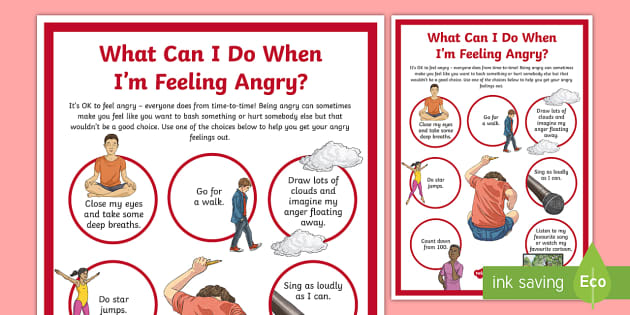 Reviving native domestic traditions, one should not ignore what is written by the Christians of the West. Especially if we remember to what poverty and wretchedness our discussions about the family have been brought in the recent past. All peoples had their Pavlik Morozovs, but not all, thank God, erected monuments to them. nine0003
Reviving native domestic traditions, one should not ignore what is written by the Christians of the West. Especially if we remember to what poverty and wretchedness our discussions about the family have been brought in the recent past. All peoples had their Pavlik Morozovs, but not all, thank God, erected monuments to them. nine0003
It seems that Dr. Campbell's book may also be useful for Orthodox Christians.
Executive Secretary of the Department of Religious Education and Catechism of the Moscow Patriarchate /V. L. Shlenov /
Preface to the Russian edition
Here is one of those books that many parents dream of, longing for a warm, trusting relationship with their children. This book is about love, sincere love, without any conditions, that can work a miracle with your child. nine0003
The book's author, Ross Campbell, a well-known psychiatrist and deeply religious person, writes: “It is believed that parents naturally express their love to their child.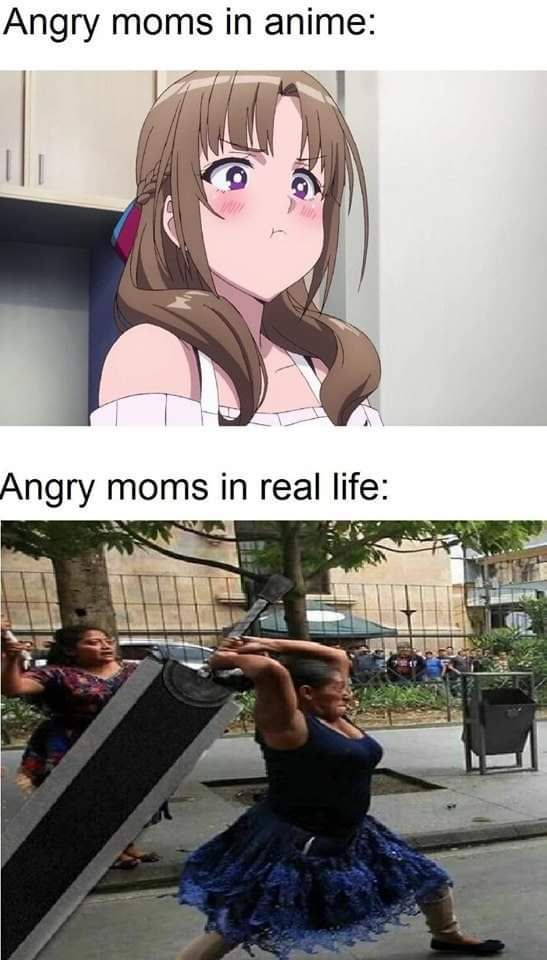 This is the biggest misconception today! Most parents don't show their love hidden in their hearts, mainly because they don't know how to do it. Consequently, many children today do not feel that they are truly, unconditionally, unconditionally loved and accepted for who they are. <...> If parents do not have a relationship with a child based on love, everything else (discipline, relationships with peers, school success) is built on the wrong basis, and then problems inevitably arise. nine0003
This is the biggest misconception today! Most parents don't show their love hidden in their hearts, mainly because they don't know how to do it. Consequently, many children today do not feel that they are truly, unconditionally, unconditionally loved and accepted for who they are. <...> If parents do not have a relationship with a child based on love, everything else (discipline, relationships with peers, school success) is built on the wrong basis, and then problems inevitably arise. nine0003
In addition to offering a holistic approach to parenting, this book also provides information "to help parents make the right decision in any given situation."
Before turning directly to the problems of raising a child, Ross Campbell found it necessary to talk about marital relations. He believes that these relationships are more important than even the relationship of parents with children, because this is the psychological and emotional basis, which, if properly oriented, contributes to the development of the best natural qualities in the child, and otherwise, can distort or even mutilate the personality of a small person. . nine0003
. nine0003
By reading this book, you will learn how to convey your love to a child. The author identifies three most important aspects in communicating with children that contribute to the filling of their "emotional capacities": visual and physical contacts and undivided attention.
Throughout the book, Ross Campbell constantly reminds readers that the relationship with a child must be built on love. But it turns out that love can take inappropriate forms; it's about possessive, ambitious, seductive love and a total reversal of roles. And here the author is not limited to theoretical reasoning; his task is to show a practical way out of each specific situation that he writes about. nine0003
And of course, we will definitely talk about discipline. Turning to this topic, Ross Campbell expresses his concerns, he is afraid of being misunderstood, “because many parents read books like this just to extract the information they need to justify their ideas about the principles of parenting that they already have” .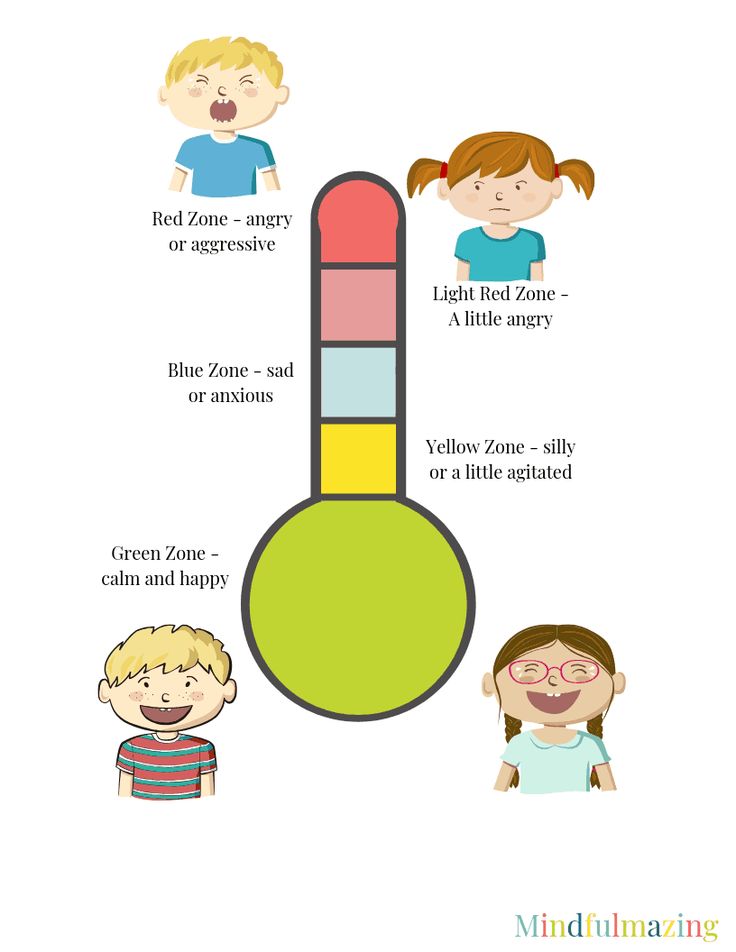 He writes: “I fear that parents will use only this chapter in practice and will completely miss the fact that punishment should be resorted to only in extreme cases.” nine0003
He writes: “I fear that parents will use only this chapter in practice and will completely miss the fact that punishment should be resorted to only in extreme cases.” nine0003
I must say that Ross Campbell counts on wise parents who really think about the welfare of their children. He proposes to teach the child to discipline "by positive methods, such as leadership, example, model, instruction."
In the last chapter, the author addresses a topic that people brought up in atheistic traditions do not take into account; The chapter is called "Spiritual Help for the Child." Many, at best, replace spiritual education with aesthetic education, accustoming children to music, painting, etc., which in itself is very useful, but is not able to satisfy the spiritual needs of the child. nine0003
After reading this book, you will see that Ross Campbell talks about the most difficult problems of education simply and very clearly. If you trust his advice, successfully put it into practice, then your child will become happy, responsive, will gladly respond to all your requests, and in the future will respect your position in life and inherit your moral and spiritual values.
Author's Note
This book is aimed at parents whose children have not yet reached adolescence. Its purpose is to show moms and dads a clear and practically useful way to solve the amazing, albeit difficult task of raising a child. nine0003
I have tried to state my idea as clearly and thoroughly as possible. The main thing in education is finding out the needs of the child and finding ways to meet them.
Raising a child is a complex process, most parents today experience serious difficulties and are unable to cope with a huge number of problems. Unfortunately, the avalanche of books, articles, lectures, and seminars on children has more dismayed parents than helped them. Which is a pity, since most of the sources are just great. nine0003
I think the problem is that many of them dealt with only one or most often a small number of very specific issues, without covering the whole subject or not specifying the specific area they cover. As a result, many conscientious parents, when honestly trying to apply the information received, using it as a foundational method, often fail.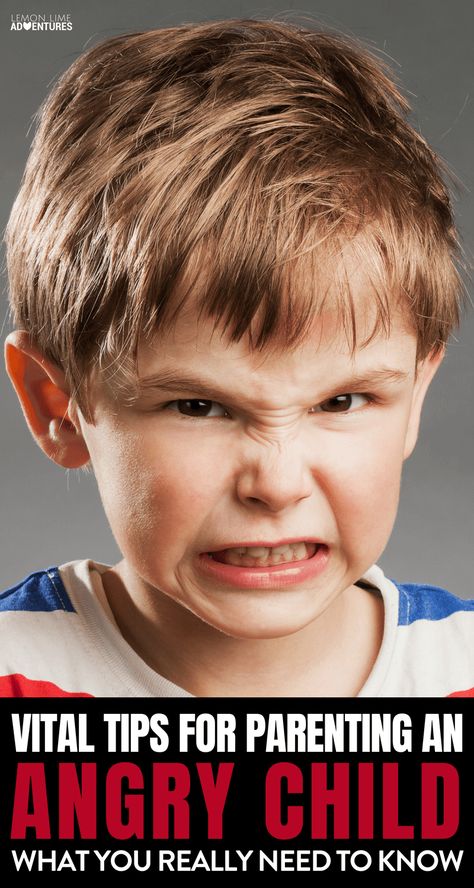 And failure is usually not due to the error of the information heard or read, and not even due to its incorrect application. I have found that a huge number of problems arise because parents do not have an overall balanced perspective on how to build a relationship with a child. Most parents essentially have the basic information, but there is confusion about when, how, which principle, and under what circumstances to apply. This confusion is understandable. Many teach parents what to do, not when and how to do it. nine0003
And failure is usually not due to the error of the information heard or read, and not even due to its incorrect application. I have found that a huge number of problems arise because parents do not have an overall balanced perspective on how to build a relationship with a child. Most parents essentially have the basic information, but there is confusion about when, how, which principle, and under what circumstances to apply. This confusion is understandable. Many teach parents what to do, not when and how to do it. nine0003
The classic example is the question of discipline. Excellent books and seminars on childhood issues have been devoted to this issue, but they always forgot to clarify that discipline is only one aspect of communicating with a child. As a result, many parents conclude that discipline is the first and main way of education. It's an easy mistake to make, especially when you hear the statement, "If you love your child, you must discipline him." This statement is, of course, true, but the tragedy is that for many parents, discipline becomes an end in itself, and they show too little love that could bring comfort to the child. Therefore, most children doubt that they are loved sincerely and regardless of any circumstances. nine0003
Therefore, most children doubt that they are loved sincerely and regardless of any circumstances. nine0003
So, the question is not whether discipline is necessary, but how to show your love for children by teaching them discipline, and show it in the most delicate way.
I will try to talk about these problems in a simple and understandable way to demonstrate how to generally approach the upbringing of a child. In addition, I hope to provide information that will help parents make the right decision in each specific situation. Of course, it is impossible to master every situation correctly, but the closer we are to the ideal, the better parents we become, the more satisfaction we ourselves receive and the happier our children. nine0003
Much of this book contains information drawn from a series of lectures I have given over the past three years at numerous parent-child relationship conferences.
Chapter 1
The main problem
“He was such a good boy, so well-behaved,” Esther and Jim Smith began their bitter story sadly in my office. He looked pleased and never caused us any trouble. We made sure it developed right—Boy Scouts, baseball, the church, and so on. True, he always fought with his brother and sister, but this is just a rivalry between children, isn't it? Other than that, Tom never gave us any trouble. He was sometimes not in the mood, for a long time he went to his room. But he never showed disrespect or disobedience or bickered. His father followed this: something, something, but he had enough discipline. For us, this is the most amazing fact: how can such a disciplined child run around with loose peers and do the same thing as them? They even lie, steal and drink alcohol. We can't trust our son. We can't talk to him, and he won't talk to us, he's so sullen and quiet! He doesn't even look at us. It looks like he doesn't want to deal with us at all. And he's doing so badly in school this year!" nine0003
He looked pleased and never caused us any trouble. We made sure it developed right—Boy Scouts, baseball, the church, and so on. True, he always fought with his brother and sister, but this is just a rivalry between children, isn't it? Other than that, Tom never gave us any trouble. He was sometimes not in the mood, for a long time he went to his room. But he never showed disrespect or disobedience or bickered. His father followed this: something, something, but he had enough discipline. For us, this is the most amazing fact: how can such a disciplined child run around with loose peers and do the same thing as them? They even lie, steal and drink alcohol. We can't trust our son. We can't talk to him, and he won't talk to us, he's so sullen and quiet! He doesn't even look at us. It looks like he doesn't want to deal with us at all. And he's doing so badly in school this year!" nine0003
"When did you notice the change in Tom?" I asked.
“Let me remember,” replied Jim Smith, “now 14, his grades were the first problem we noticed about two years ago. In the last months of the sixth grade, we noticed that he was tired of school, and then everything else. He stopped going to church. Later, Tom even lost interest in friends and spent more and more time alone, usually in his room, he talked less and ate less and less.
In the last months of the sixth grade, we noticed that he was tired of school, and then everything else. He stopped going to church. Later, Tom even lost interest in friends and spent more and more time alone, usually in his room, he talked less and ate less and less.
But things got much worse when he moved to high school. Tom lost interest in his favorite activities, even sports. It was then that he completely abandoned his old reliable friends and began to run around with boys who were always in trouble. Tom's views changed and became closer to theirs. He attached little importance to grades and stopped studying. These friends often involved him in unpleasant stories.
We've tried everything. First we spanked him. Then they deprived him of his privileges: to watch TV, movies, etc. Once we deprived him of all pleasures for a whole month. We tried to reward him for good behavior. I guess we've tried every recommendation we've ever heard or read. I don't know if anyone can help us or Tom? nine0003
What did we do wrong? Are we bad parents? Lord be my witness, we tried our best.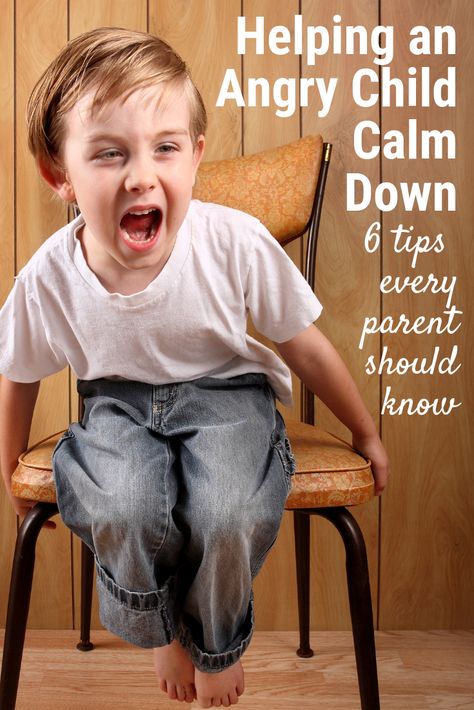 Maybe it's something innate, inherited by Tom? Maybe it has something to do with his physical condition? But our pediatrician examined him a couple of weeks ago. Maybe we should take him to an endocrinologist? Maybe he needs a more serious examination? We need help. We love our boy, Dr. Campbell. What can we do to help him? Something must be done…”
Maybe it's something innate, inherited by Tom? Maybe it has something to do with his physical condition? But our pediatrician examined him a couple of weeks ago. Maybe we should take him to an endocrinologist? Maybe he needs a more serious examination? We need help. We love our boy, Dr. Campbell. What can we do to help him? Something must be done…”
Later, when Mr. and Mrs. Smith had left, Tom entered the office. I was impressed by his behavior and attractive appearance. His gaze was directed downward, and if our eyes met, it was only for a brief moment. Although obviously a smart boy, Tom nevertheless explained himself in short, sharp phrases and grunts. However, Tom soon got used to it and, sharing his story, reproduced literally the same factual material as his parents. nine0003
Continuing, he said:
“Actually, no one but my friends cares about me.
- Nobody? I asked.
– Maybe to my parents, I don't know... They must have been worried about me when I was little.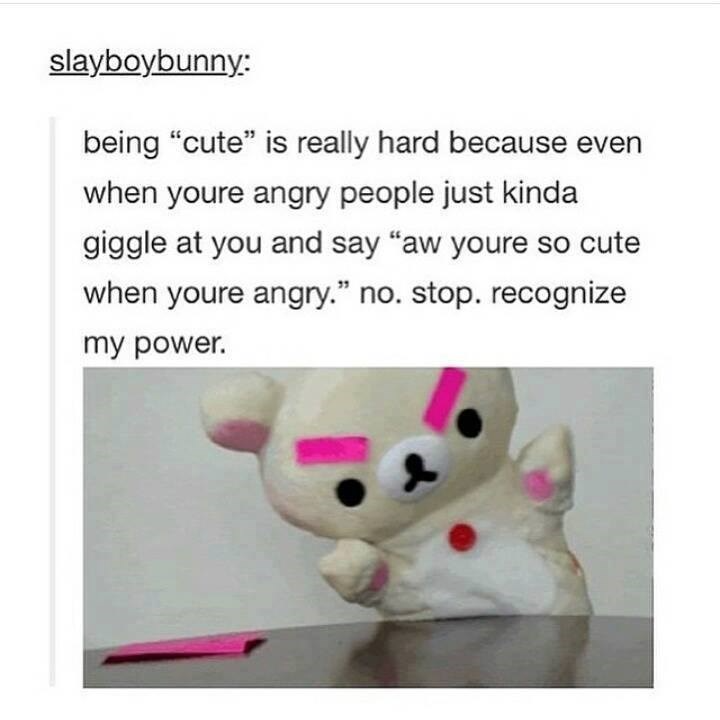 Whatever the case, it doesn't matter now. All they really care about is their own friends, jobs, activities, and things. They don't need to know what I do. It's none of their business. I just want to be away from them and lead my own life. Why are they so worried about me? They never worried before. nine0003
Whatever the case, it doesn't matter now. All they really care about is their own friends, jobs, activities, and things. They don't need to know what I do. It's none of their business. I just want to be away from them and lead my own life. Why are they so worried about me? They never worried before. nine0003
As the conversation progressed, it became clear that Tom had become depressed from a constant sense of dissatisfaction with himself and his life. Tom, for as long as he can remember, has always longed for a close, warm relationship with his parents, but over the past months he has gradually given up on his dream. He went to peers who accepted him, but his dissatisfaction intensified even more.
This is the usual but tragic situation of today. Before us is a boy approaching adolescence, who was quite prosperous in his early years. Until the age of 12 or 14, no one knew that Tom was unhappy. In those years, he was satisfied with everything and demanded little from his parents, teachers, and anyone else. Therefore, no one suspected that Tom did not feel loved and was not sure that he was taken into account. Despite the fact that his parents loved him very much and cared for him, Tom did not feel sincere love. Of course, Tom knew about the love of his parents and their care for him and would never deny it. Nevertheless, the incomparable emotional state, when one can feel recklessly loved and unconditionally accepted, was not familiar to Tom. nine0003
Therefore, no one suspected that Tom did not feel loved and was not sure that he was taken into account. Despite the fact that his parents loved him very much and cared for him, Tom did not feel sincere love. Of course, Tom knew about the love of his parents and their care for him and would never deny it. Nevertheless, the incomparable emotional state, when one can feel recklessly loved and unconditionally accepted, was not familiar to Tom. nine0003
This is quite difficult to understand because Tom's parents are really good parents. They love him and care for him to the best of their knowledge. In raising Tom, Mr. and Mrs. Smith applied what they heard and read and sought advice from others. And their marriage is definitely above average. They really love and respect each other.
FAMILIAR STORY
Most parents face great challenges in raising their children. Given the pressure and strain that the American family goes through every day, it's easy to lose faith in yourself.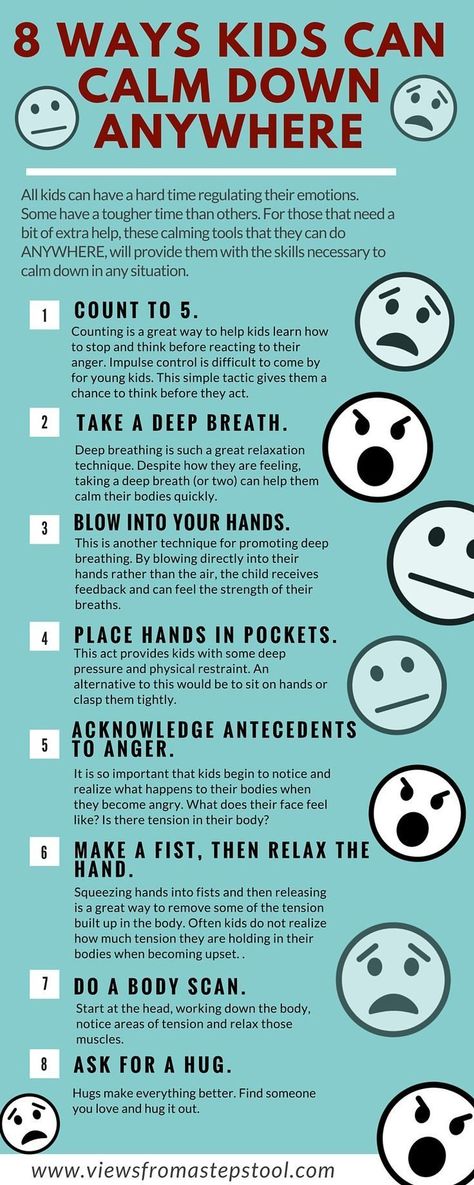 The rising divorce rate, the economic crisis, the declining quality of education, and the loss of faith in leadership all contribute emotionally to everyone. As parents feel more and more exhausted physically, emotionally and spiritually, it becomes unbearably difficult to raise a child. I am convinced that the hardest part of these difficulties falls on the child. The child is the most needy person in our society, and most of all he needs love. nine0003
The rising divorce rate, the economic crisis, the declining quality of education, and the loss of faith in leadership all contribute emotionally to everyone. As parents feel more and more exhausted physically, emotionally and spiritually, it becomes unbearably difficult to raise a child. I am convinced that the hardest part of these difficulties falls on the child. The child is the most needy person in our society, and most of all he needs love. nine0003
Tom's story is familiar to many today. Tom's parents love him deeply. They tried their best, they missed something and... Did you notice what it was? No, not love, parents love him. The main problem is that Tom doesn't feel love. Should parents be blamed? Is it their fault? I do not think. The bottom line is that the Smiths have always loved Tom, but they never knew how to show it. Like most parents, they have a vague idea of what a child needs. Food, shelter, clothing, education, love, advice, etc. - all of these needs have been met, with the exception of love, love without any conditions.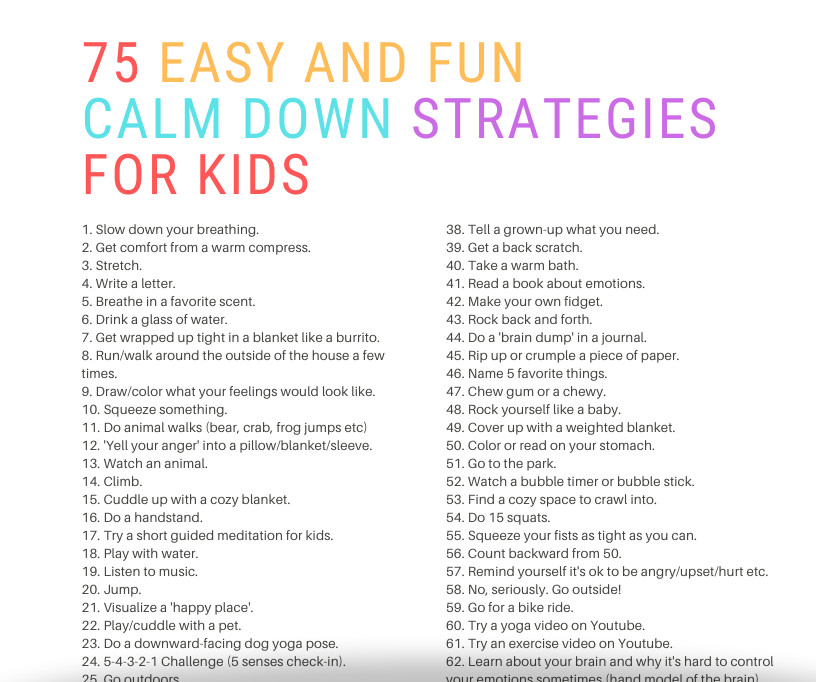 Although almost all parents experience love at heart, the difficulty lies in expressing this love. nine0003
Although almost all parents experience love at heart, the difficulty lies in expressing this love. nine0003
I believe that, despite the difficulties of today, parents who sincerely want to give their child everything they need can learn this. In order to do everything possible for the child in the short time that they are together, all parents need to know how to really love their child.
WHICH FORM OF PUNISHMENT IS MOST APPROPRIATE?
“I remember an incident when I was 6 or 7 years old. Even now, the thought of it spoils my mood, and sometimes even infuriates me,” Tom continued after a few days. While playing baseball, I accidentally broke a window. I was horrified by this and hid in the forest until my mother found me. I felt so guilty, I was terribly ashamed. When my father came home, my mother told him about the window, and he whipped me.” There were tears in Tom's eyes. nine0003
I asked, "Did you explain anything to him?"
He chuckled, "No."
This case concerns another confusing area of education - punishment.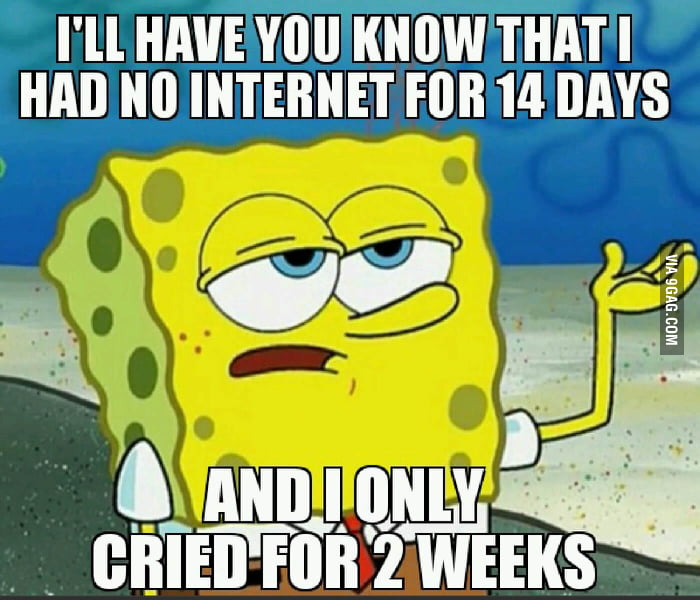 In this example, Tom's method of punishment caused him feelings of pain, anger, and resentment towards his parents, which he will never forget or forgive without help.
In this example, Tom's method of punishment caused him feelings of pain, anger, and resentment towards his parents, which he will never forget or forgive without help.
After 7 years, it still hurts Tom to remember this. Why was this particular incident so painfully imprinted in Tom's memory? After all, there were other times when he was spanked, and he took it for granted. Maybe it's because he felt guilty and repented that he broke the window? Hadn't he already suffered enough without physical pain? Maybe the spanking convinced Tom that his parents did not understand him purely humanly or were indifferent to his feelings? Maybe Tom needed parental warmth and understanding at that moment, and not harsh punishment? If so, how could Tom's parents know about it? And what form of punishment would be most appropriate in this case? nine0003
What do you think about this, dear parents? Is it necessary to adhere to a certain line of behavior in the process of education? Should we be firm? And to what extent? Should punishment be used whenever a child misbehaves? If so, should it always be the same? If not, what is the alternative? What is punishment? Are discipline and punishment really inextricably linked? Should we all go to the same school, say, "school for effective parenting" and follow its goals? Or do we need to turn to our own common sense and intuition? Or a bit of everything? Then how much? When? nine0003
These are the questions that plague all conscientious parents today.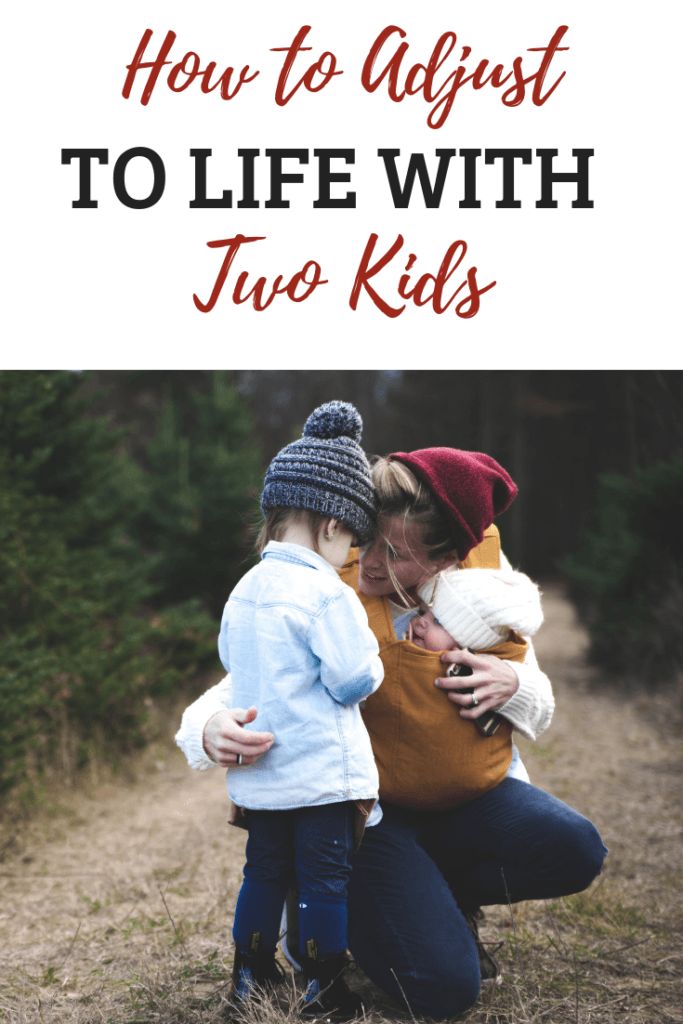 We are bombarded with books, articles, seminars and institutes for raising children. Approaches are very different: from twisting a child's ear to rewarding with candy.
We are bombarded with books, articles, seminars and institutes for raising children. Approaches are very different: from twisting a child's ear to rewarding with candy.
In short, how can parents cope with the situation so that, on the one hand, they discipline Tom and, on the other hand, keep his love and warm relationship with him? We will return to this complex subject later.
I think all parents will agree that it is very difficult to bring up a child today. One of the reasons is that the child is under the control and influence of outsiders for a long time, for example, schools, churches, neighbors, peers. That is why many parents feel that all their efforts are in vain and that they have little effect on their child. nine0003
CORRECTLY OPPOSITE
In fact, all the studies I've read show that the influence of the home is decisive in all cases. The influence of parents greatly outweighs everything else. The house holds the lead in influencing the child: is he happy, does he feel safe and secure in his position; how he gets along with adults, peers and others; how emotional or indifferent he is; how he behaves in an unfamiliar situation.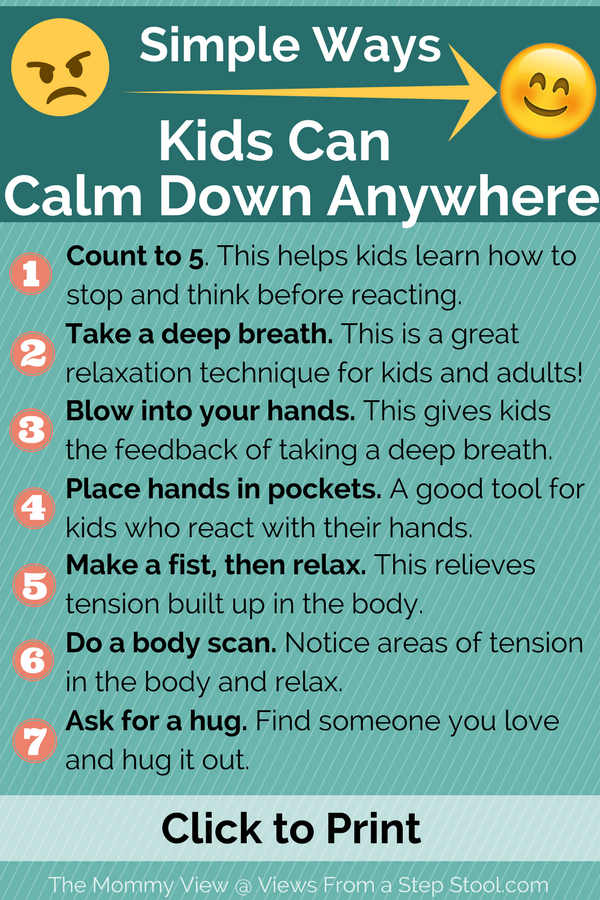 Yes, the house, despite the many things that distract the child, has a huge impact on him. nine0003
Yes, the house, despite the many things that distract the child, has a huge impact on him. nine0003
But the home is not the only thing that determines a child's future. You should not make the mistake of holding the family entirely responsible for every problem or disappointment. In the name of fairness and to be more objective, I think we should look at the second most important factor that affects the child.
INTEGRAL TEMPERAMENT
In reality, there are many types of inborn behavior. Nine constituents have been identified. The study was conducted by Stella Chess and Alexander Thomas. The data is given in their book Temperament and Behavior Disorder in Children. nine0003
This book has been considered a classic and has indeed made a huge contribution to the world of behavioral science. It explains in detail why children have certain individual characteristics. It helps to understand why some children are easier to raise than others; why some children cause more love or are more manageable; why children who grew up in the same family or in similar conditions can be so different.
| Ross Campbell How to truly love your child One of the biggest and most terrible woes of our time is the destruction of family life. In the family - a person at home, a homeless person loses his place in the world. Is it possible to revive a family? How to live in a family that is almost no longer a family, but some kind of threshold of hell? How to raise children worthy people? Can a family, and indeed life in general, be complete if it is not based on love or even simple respect for another person? There are no number of questions, and in these questions despair often sounds. It is not enough just to give answers to them, it is necessary to help people develop a well-thought-out line of life behavior. Now and immediately. We are not the only ones thinking about these issues, not only we are facing them. And in foreign experience you can find a lot of practical and useful. It seems that Dr. Campbell's book may also be useful for Orthodox Christians. Executive Secretary of the Department of Religious Education and Catechism of the Moscow Patriarchate /V. L. Shlenov / Preface to the Russian edition Here is one of those books that many parents dream of, longing for a warm, trusting relationship with their children. This book is about love, sincere love, without any conditions, that can work a miracle with your child. nine0003 The book's author, Ross Campbell, a well-known psychiatrist and deeply religious person, writes: “It is believed that parents naturally express their love to their child. In addition to offering a holistic approach to parenting, this book also provides information "to help parents make the right decision in any given situation." Before turning directly to the problems of raising a child, Ross Campbell found it necessary to talk about marital relations. He believes that these relationships are more important than even the relationship of parents with children, because this is the psychological and emotional basis, which, if properly oriented, contributes to the development of the best natural qualities in the child, and otherwise, can distort or even mutilate the personality of a small person. By reading this book, you will learn how to convey your love to a child. The author identifies three most important aspects in communicating with children that contribute to the filling of their "emotional capacities": visual and physical contacts and undivided attention. Throughout the book, Ross Campbell constantly reminds readers that the relationship with a child must be built on love. But it turns out that love can take inappropriate forms; it's about possessive, ambitious, seductive love and a total reversal of roles. And here the author is not limited to theoretical reasoning; his task is to show a practical way out of each specific situation that he writes about. nine0003 And of course, we will definitely talk about discipline. Turning to this topic, Ross Campbell expresses his concerns, he is afraid of being misunderstood, “because many parents read books like this just to extract the information they need to justify their ideas about the principles of parenting that they already have” . I must say that Ross Campbell counts on wise parents who really think about the welfare of their children. He proposes to teach the child to discipline "by positive methods, such as leadership, example, model, instruction." In the last chapter, the author addresses a topic that people brought up in atheistic traditions do not take into account; The chapter is called "Spiritual Help for the Child." Many, at best, replace spiritual education with aesthetic education, accustoming children to music, painting, etc., which in itself is very useful, but is not able to satisfy the spiritual needs of the child. nine0003 After reading this book, you will see that Ross Campbell talks about the most difficult problems of education simply and very clearly. If you trust his advice, successfully put it into practice, then your child will become happy, responsive, will gladly respond to all your requests, and in the future will respect your position in life and inherit your moral and spiritual values. Author's Note This book is aimed at parents whose children have not yet reached adolescence. Its purpose is to show moms and dads a clear and practically useful way to solve the amazing, albeit difficult task of raising a child. nine0003 I have tried to state my idea as clearly and thoroughly as possible. The main thing in education is finding out the needs of the child and finding ways to meet them. Raising a child is a complex process, most parents today experience serious difficulties and are unable to cope with a huge number of problems. Unfortunately, the avalanche of books, articles, lectures, and seminars on children has more dismayed parents than helped them. Which is a pity, since most of the sources are just great. nine0003 I think the problem is that many of them dealt with only one or most often a small number of very specific issues, without covering the whole subject or not specifying the specific area they cover. As a result, many conscientious parents, when honestly trying to apply the information received, using it as a foundational method, often fail. The classic example is the question of discipline. Excellent books and seminars on childhood issues have been devoted to this issue, but they always forgot to clarify that discipline is only one aspect of communicating with a child. As a result, many parents conclude that discipline is the first and main way of education. It's an easy mistake to make, especially when you hear the statement, "If you love your child, you must discipline him." This statement is, of course, true, but the tragedy is that for many parents, discipline becomes an end in itself, and they show too little love that could bring comfort to the child. |
 Reviving native domestic traditions, one should not ignore what is written by the Christians of the West. Especially if we remember to what poverty and wretchedness our discussions about the family have been brought in the recent past. All peoples had their Pavlik Morozovs, but not all, thank God, erected monuments to them. nine0003
Reviving native domestic traditions, one should not ignore what is written by the Christians of the West. Especially if we remember to what poverty and wretchedness our discussions about the family have been brought in the recent past. All peoples had their Pavlik Morozovs, but not all, thank God, erected monuments to them. nine0003  This is the biggest misconception today! Most parents don't show their love hidden in their hearts, mainly because they don't know how to do it. Consequently, many children today do not feel that they are truly, unconditionally, unconditionally loved and accepted for who they are. <...> If parents do not have a relationship with a child based on love, everything else (discipline, relationships with peers, school success) is built on the wrong basis, and then problems inevitably arise. nine0003
This is the biggest misconception today! Most parents don't show their love hidden in their hearts, mainly because they don't know how to do it. Consequently, many children today do not feel that they are truly, unconditionally, unconditionally loved and accepted for who they are. <...> If parents do not have a relationship with a child based on love, everything else (discipline, relationships with peers, school success) is built on the wrong basis, and then problems inevitably arise. nine0003 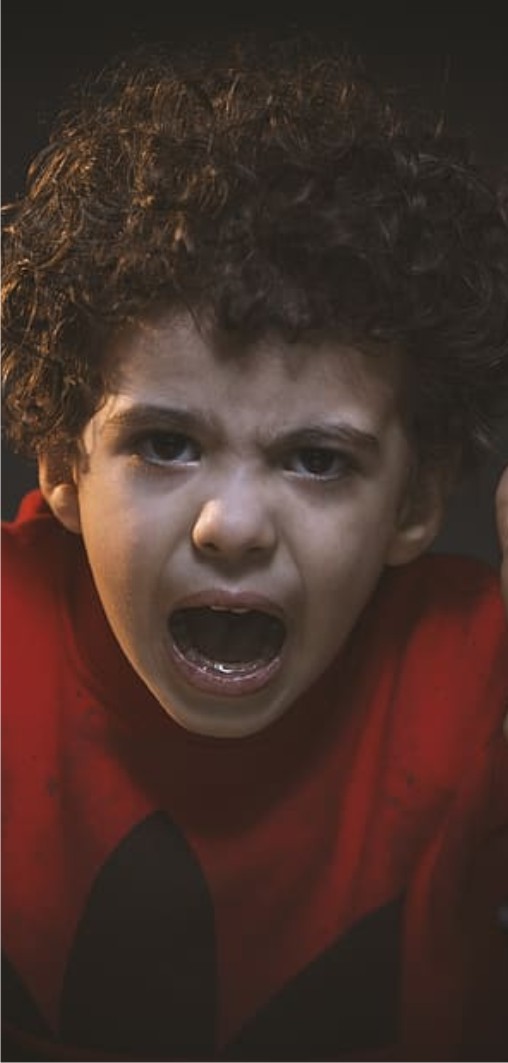 . nine0003
. nine0003  He writes: “I fear that parents will use only this chapter in practice and will completely miss the fact that punishment should be resorted to only in extreme cases.” nine0003
He writes: “I fear that parents will use only this chapter in practice and will completely miss the fact that punishment should be resorted to only in extreme cases.” nine0003 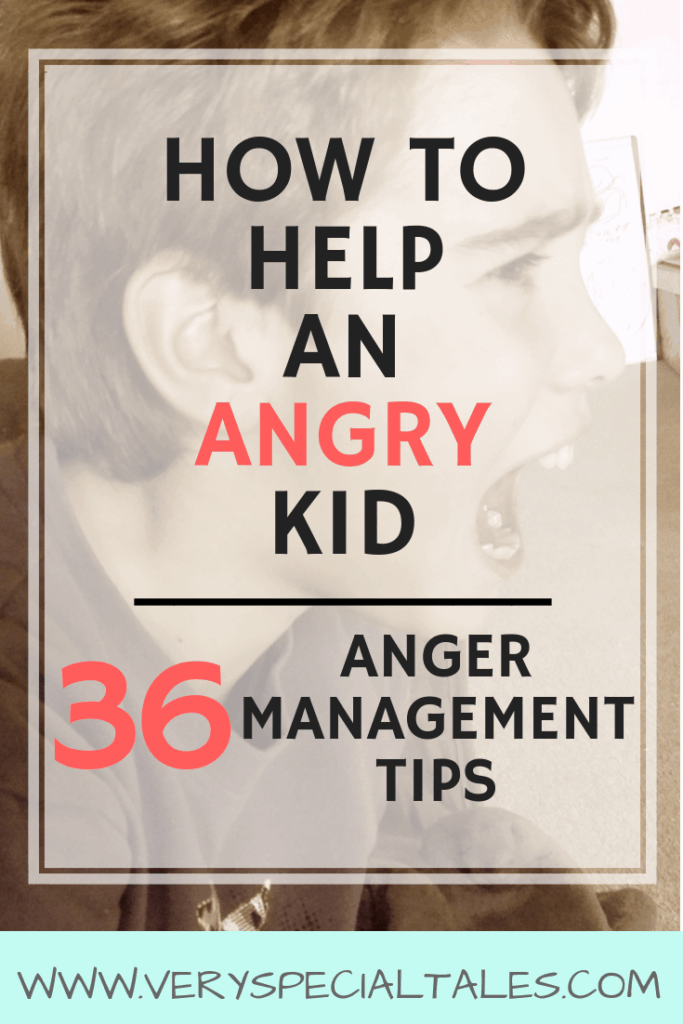
 And failure is usually not due to the error of the information heard or read, and not even due to its incorrect application. I have found that a huge number of problems arise because parents do not have an overall balanced perspective on how to build a relationship with a child. Most parents essentially have the basic information, but there is confusion about when, how, which principle, and under what circumstances to apply. This confusion is understandable. Many teach parents what to do, not when and how to do it. nine0003
And failure is usually not due to the error of the information heard or read, and not even due to its incorrect application. I have found that a huge number of problems arise because parents do not have an overall balanced perspective on how to build a relationship with a child. Most parents essentially have the basic information, but there is confusion about when, how, which principle, and under what circumstances to apply. This confusion is understandable. Many teach parents what to do, not when and how to do it. nine0003 